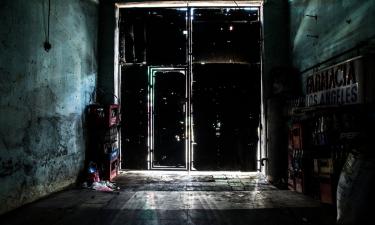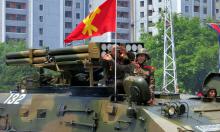Al-Qaeda frozen assets
A UN committee has found that sanctions imposed against al-Qaeda and the former Taleban have had little impact on the groups' operations. The UN requires members to freeze assets of any person or group linked to al-Qaeda or the Taleban.
Members are also ordered to block suspects' passage and prevent them from obtaining arms or funding.
Although assets linked to al-Qaeda have been frozen, the report said it had "been hard to tell what this means". "It is not clear from all reports of asset freezing, for example, what those assets are, their value, or who owns them."
The report adds that while al-Qaeda's access to funding had been curtailed as result of international cooperation, "so too has its need for money", according to the Tehran Times.
Immediately after the 11 September attacks, the money trail attracted a lot of attention as the US tried to gain global co-operation to choke supplies of cash that were thought to be going to al-Qaeda.
The UN report confirms what many involved in counter-terrorism have increasingly come to believe - that, whilst they have their uses, sanctions and other attempts to stem the flow of money into al-Qaeda are not necessarily the most effective way of preventing future attacks.
For instance, no nation has reported blocking an arms sale or preventing travel to anyone on the UN list, informs BBC.
Read earlier news stories by PRAVDA.Ru
&to=http:// english.pravda.ru/mailbox/22/101/397/12590_USA.html' target=_blank> The globalization of terror
Subscribe to Pravda.Ru Telegram channel, Facebook, RSS!




